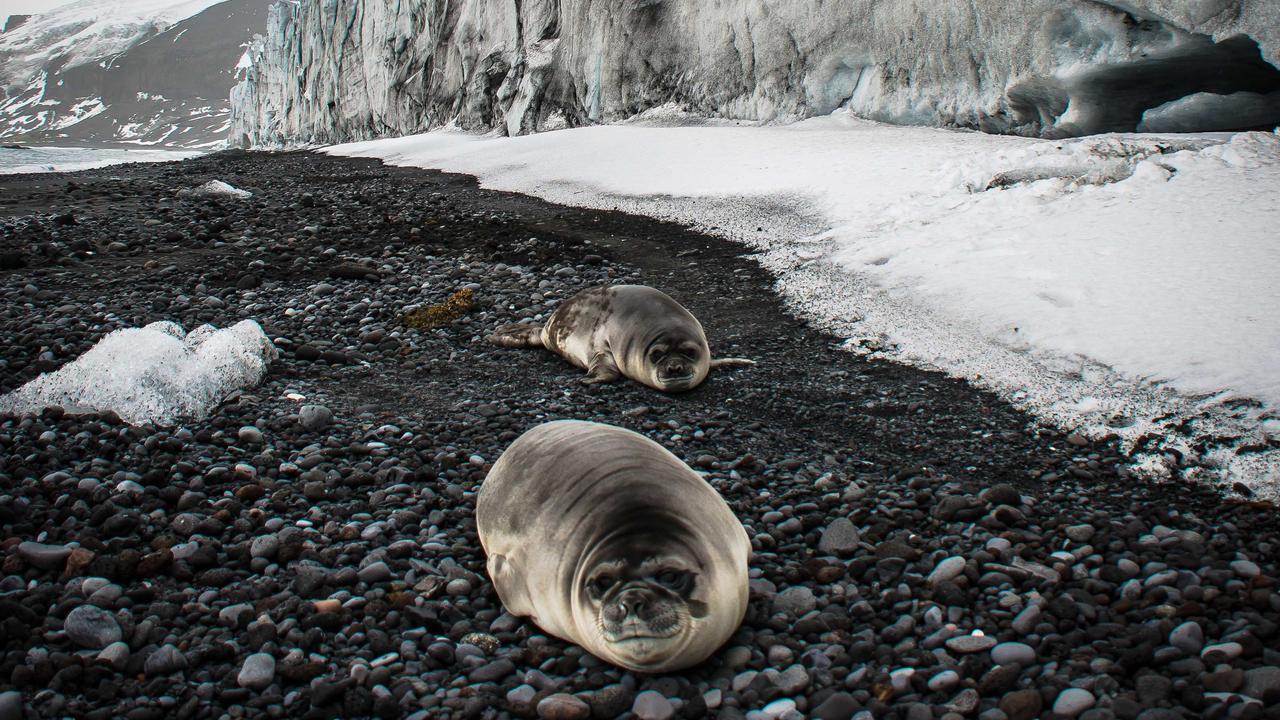
The first signs of a deadly bird flu strain have been observed on a remote Australian island as an expert warns its spread to the mainland is inevitable.
Australia is the only continent free of the devastating H5 strain of bird flu, which has spread widely, including to sections of Antarctica.
Scientists discovered signs of the strain on sub-Antarctic Heard Island, about 4000km southwest of Perth, while on a research trip.
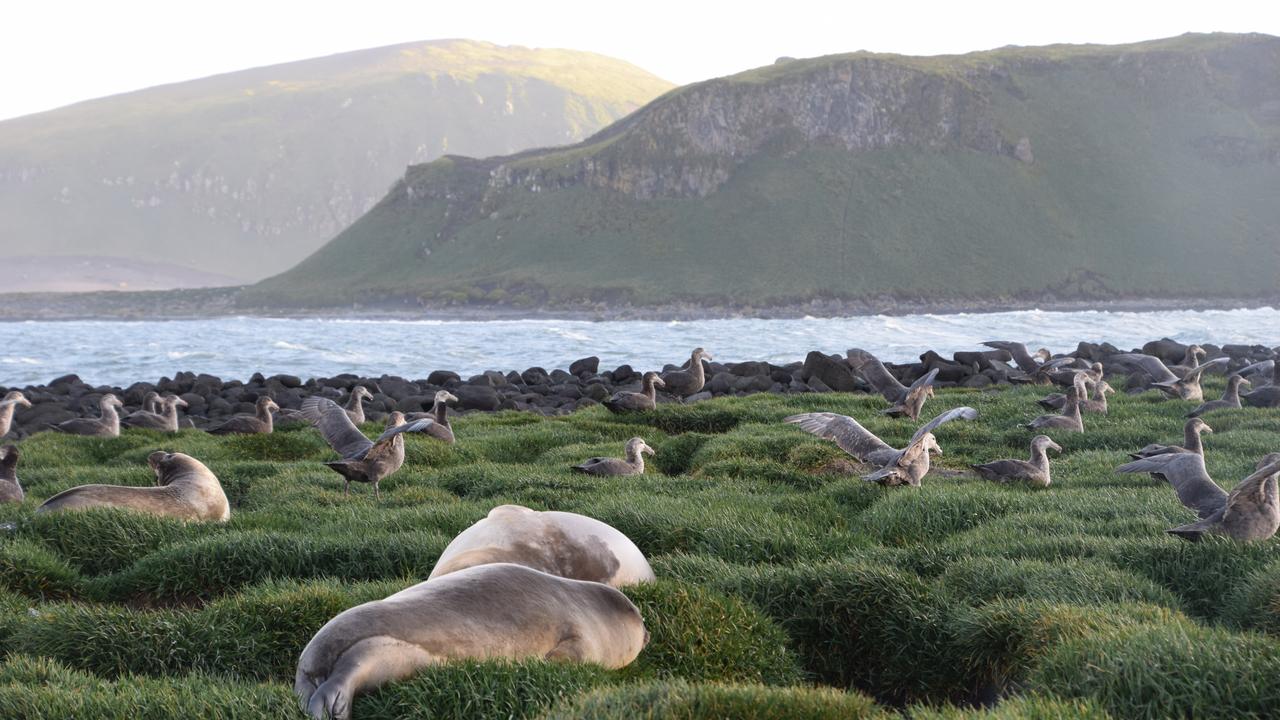
They recently documented unusual levels of mortality in elephant seals, a species impacted by H5, with further testing to determine whether the strain is present.
"At this stage, it is not a confirmed detection," the federal environment and agriculture departments said in a statement on Friday.
"It reinforces the need for Australia to remain focused on preparing for an outbreak."
A confirmed detection on Heard Island, in the Southern Ocean, would not substantially increase the risk to mainland Australia, the departments said.
But a bird flu researcher said the strain's arrival in mainland Australia was a certainty given its global spread and it could be transferred by species present in the sub-Antarctic.
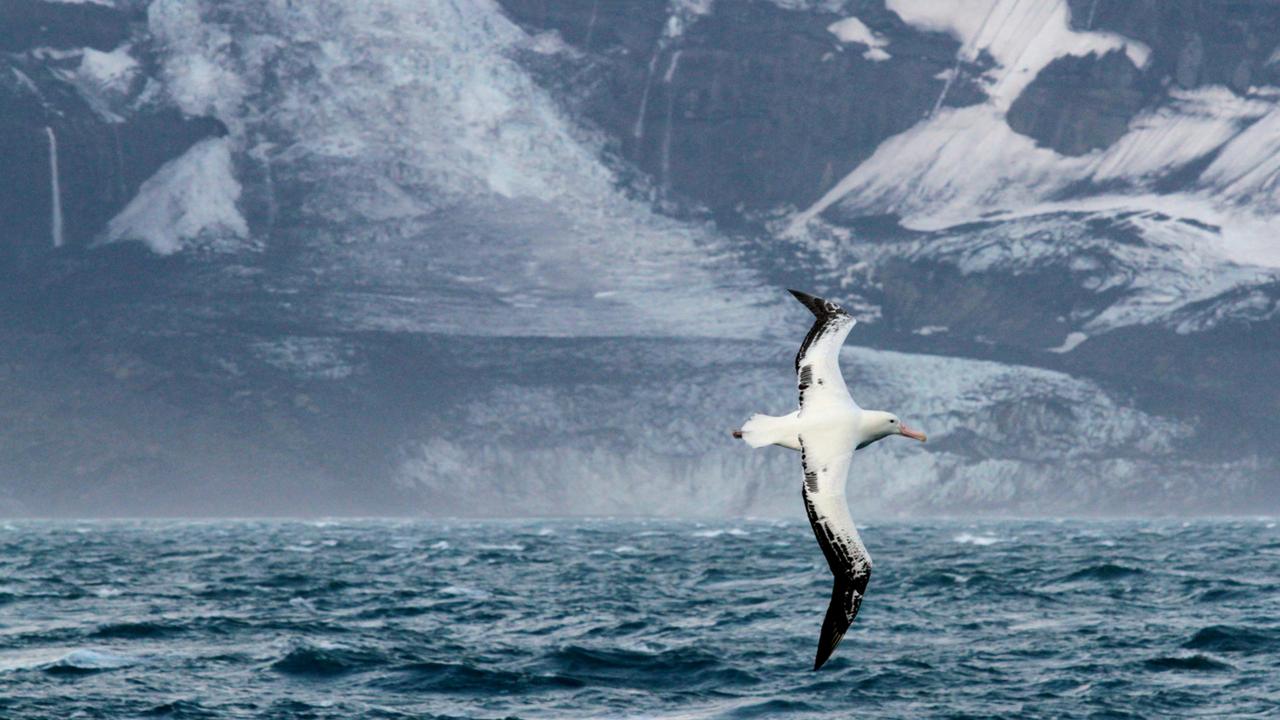
The strain has been responsible for the deaths of millions of birds worldwide, as well as elephant seals and fur seals in Antarctica.
"It is proving to be a ... many-headed beast because we have not found a really efficient way to control it," said Michelle Wille, a senior researcher at the University of Melbourne's Centre for Pathogen Genomics.
"When it arrives (in mainland Australia) it will not have a different impact to what we've seen elsewhere.
"I would expect we'd see catastrophic impacts on native wildlife and massive impact on industry, particularly the poultry industry."
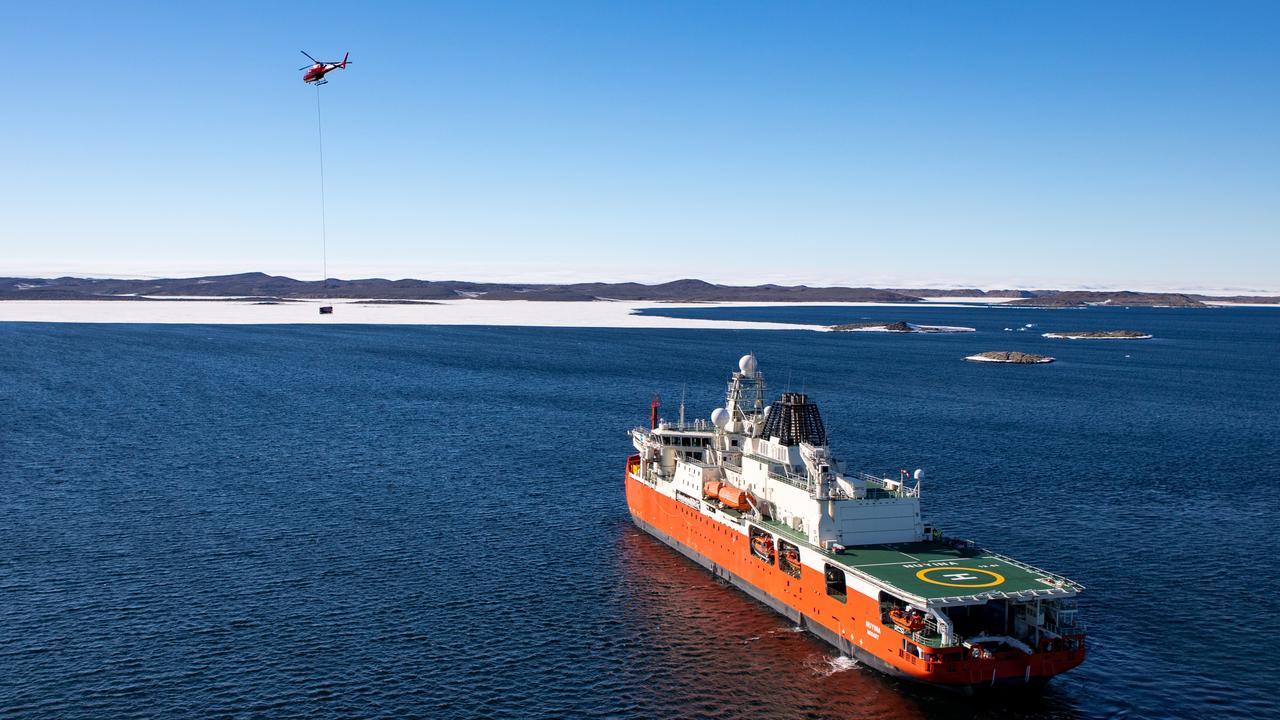
The departments said the observation of signs of the strain on Heard Island was not unexpected and there had been no documented, unusual deaths in other species.
The virus has been found on the French Kerguelen and Crozet sub-Antarctic islands, which are less than 450km from the Heard and McDonald islands.
Seabirds that feed in sub-Antarctic areas and travel to mainland Australia could potentially spread the strain, Dr Wille said.
"This virus has demonstrated to us that it can do crazy things, like travel really long distances," she said.
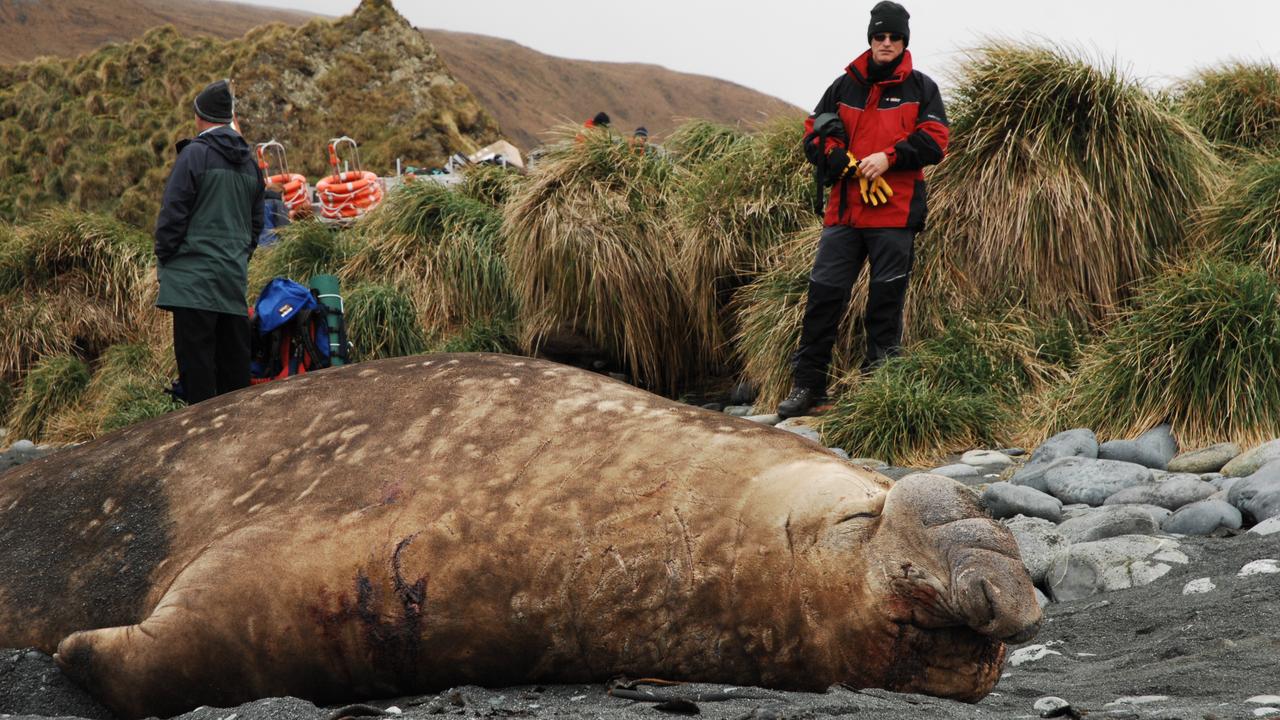
Samples have been collected and will be given to the CSIRO for testing when the scientists return to Australia on the icebreaker Nuyina in mid-November.
It is expected it will take several weeks for the results to be confirmed.
The Australian government is investing more than $100 million into strengthening bird flu preparedness and enhancing responses.
World heritage-listed Heard Island is described by UNESCO as one of the most rare and pristine island ecosystems.







